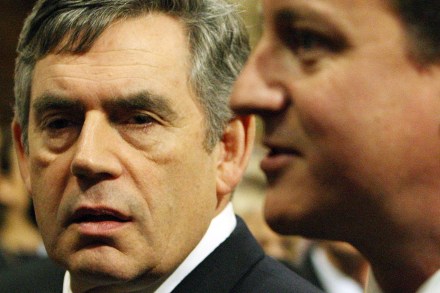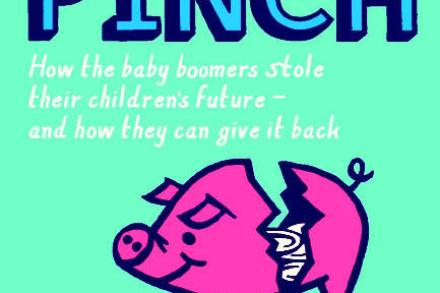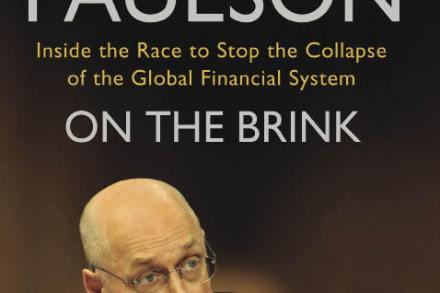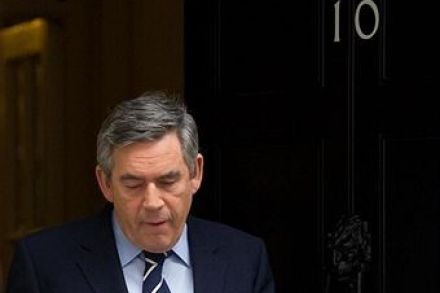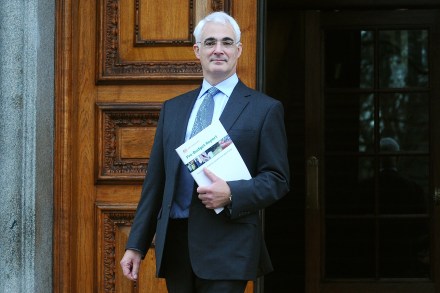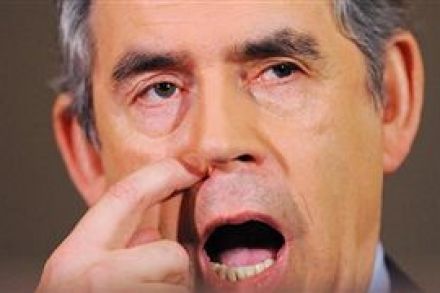Market tremors
Forget the polls, the markets should be enough to give any of us a sharp dose of The Fear. Exhibit A: Sterling, which has slumped below $1.50 today, for the first time in nine months, and on the back of what analyists are calling “deficit worries”. And Exhibit B: the UK Gilt markets, where rising interest rates suggest that investors are rapidly losing confidence in Britain’s ability to pay back its debt, just as Coffee House’s Mark Bathgate warned a few months back. Check out the FT for the full story. Of course, I say “forget the the polls” – but this is all very poll-related. The possiblity of a
